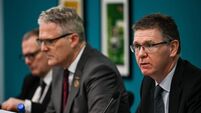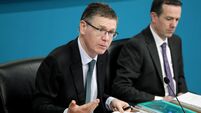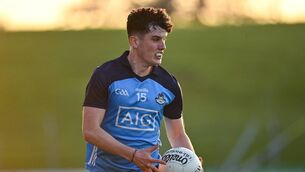New rules still give ref final call
Committee member Liam Keane stressed that the integrity of the referee is sacrosanct.
"That's a position throughout the sporting world, that when a call is made by the referee, it's only in very exceptional circumstances that it would be interfered with," he said.














